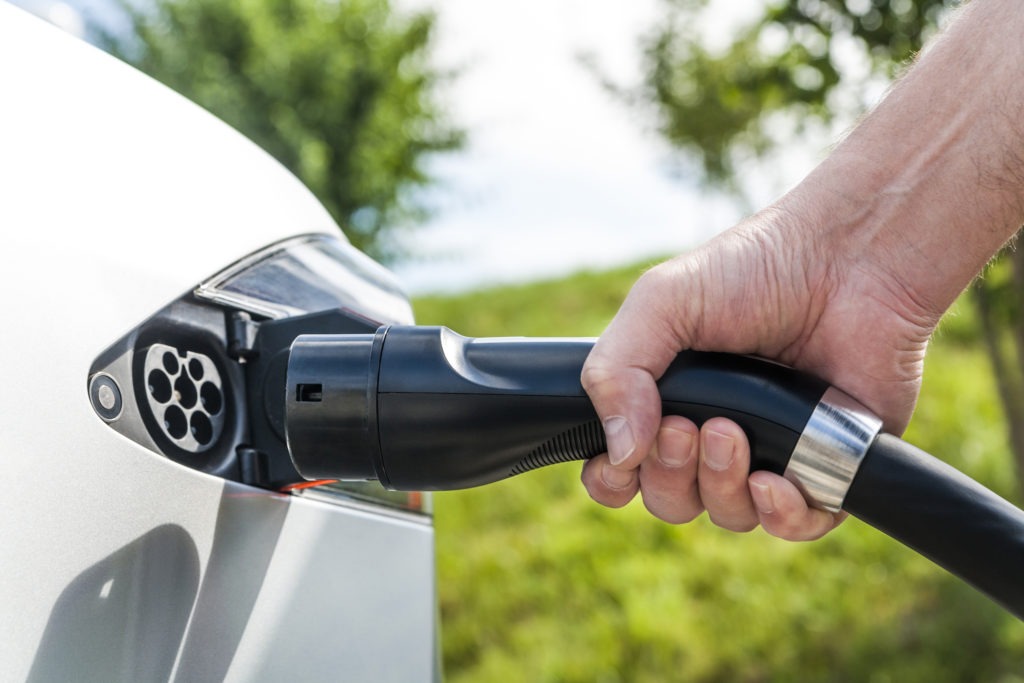Merkel concedes that Germany will likely miss the Government’s target of 1 million EVs on the road by 2020
16 May 2017

16 May 2017
German Chancellor Angela Merkel has officially distanced herself from the German Government’s goal of having one million electric vehicles (EVs) on Germany’s roads by 2020. ′As it looks at the moment, we will not achieve this goal,’ she said on Monday at a CDU/CSU Party event in Berlin. With this statement, Merkel agrees with experts that have long suspected that the sluggish sales of EVs mean that the goal would not be reached.
Back in January, then transport minister Sigmar Gabriel even said himself that ′if we do not count bicycles, we will not even get to half [the goal of 1 million EVs].’ Nevertheless, Merkel added that a breakthrough could be quite sudden, as occurred with smartphones, and so Germany must still prepare for electro-mobility.
The German Green Party sees Merkel’s comments as a ′declaration of bankruptcy’ and at least partly lay the blame at her door. Green Party vice chairman Oliver Krischer said on Tuesday that Germany is lagging behind in electro-mobility as Merkel has not made electro-mobility a major issue.
There are still less than 100,000 EVs on Germany’s roads and demand remains sluggish despite the introduction of discounts for buyers of new green cars. Although sales of pure electric vehicles and plug-in hybrids in Germany increased by 120.5% and 66.5% respectively year on year in the first four months of 2017, their combined share still only accounted for 1.3% of new car sales according to the KBA motor vehicle authority.
The same arguments for the poor uptake of EVs remain; limited vehicle range and charging infrastructure as well as high prices and longer charging times than refilling with fossil fuels. Nevertheless, in line with Merkel’s sentiments about an EV breakthrough, Bloomberg reports that Glencore Plc CEO Ivan Glasenberg told investors at an industry conference in Barcelona on Tuesday that ′The electric vehicle revolution is happening and its impact is likely to be felt faster than expected.’ According to Glencore, ′the battery in an electric car contains about 38 kilograms of copper, 11 kilograms of cobalt and 11 kilograms of nickel.’ Glasenberg said ′Those materials, along with manganese, stand to benefit from more demand for electric cars.’
In other news, a report by Stanford University economist Tony Seba boldly states that no more petrol or diesel cars, buses, or trucks will be sold anywhere in the world within eight years. The report, Rethinking Transportation 2020-2030, expects that the entire automotive market will switch to electric vehicles, ′leading to a collapse of oil prices and the demise of the petroleum industry as we have known it for a century.’